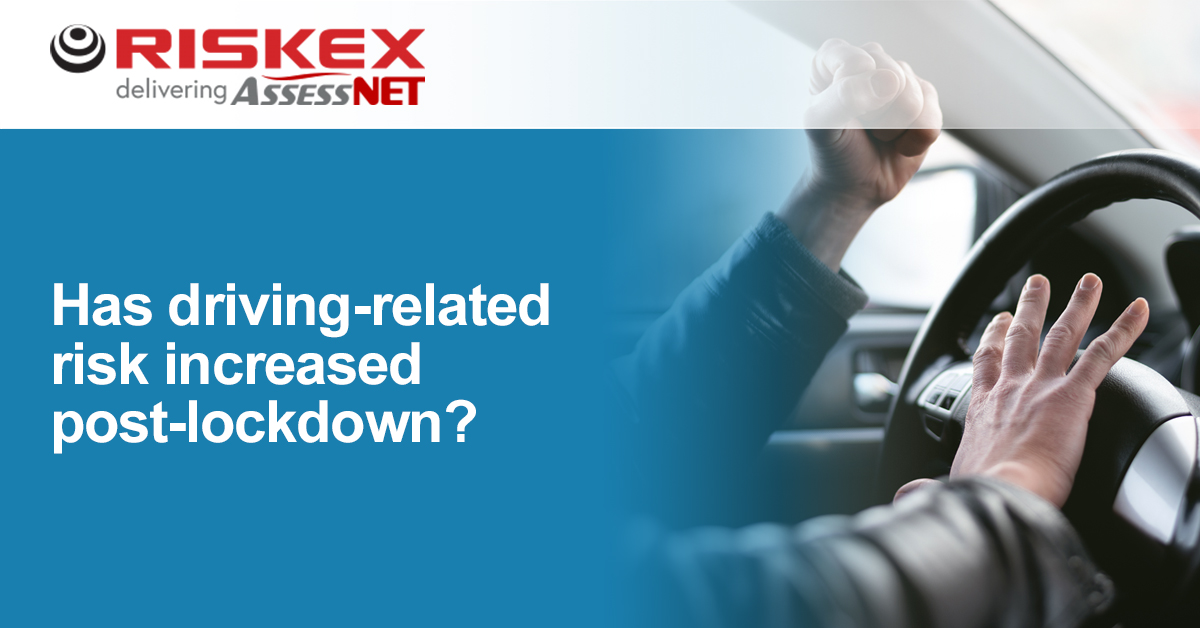The ‘Driving Behaviour’ report shows an increase in driver stress as a result of the pandemic.
It is no surprise that increased levels of stress in general have coincided with national lockdowns, resulting from a lack of social interaction, financial uncertainty and hardship, Covid anxiety and contracting the virus to name just a few. Perhaps a lesser-known aspect of pandemic-related stress relates to driving behaviours. A recent Driver Behaviour report produced by the road safety charity Brake, in partnership with Direct Line Motor Insurance, provides some concerning insights into how stress impacts on driving behaviours, including the revelation that over half of the respondents to their survey admitted that their behaviour changes when they feel stressed or angry behind the wheel, which can lead to them undertaking more risky driving behaviours.
The report findings highlights that in March of this year, nine out of ten drivers admitted to feeling stressed or angry when behind the wheel – an increase of 6% since March 2020, when the UK entered it’s first lockdown. Troublingly, more than one in ten drivers now say they feel stressed or angry every time they are behind the wheel, up 3% over the same period, meaning that more drivers now feel stressed or angry on every journey, compared with those who never feel this way.
The report contains some useful advice and simple steps all drivers can take to manage their mood behind the wheel, and potentially reduce the risk of being involved in a crash, including:
- Focus on calm, controlled breathing, which can help release muscular tension and relieve stress.
- Plan routes carefully and allow plenty of time for the journey to avoid feeling pressured to rush.
- Drive at appropriate speeds for the road environment and avoid overtaking unless absolutely necessary, to reduce feelings of tension.
- Have something to eat before setting off, as hunger can affect concentration. However, do not eat at the wheel as this could distract from driving.
- Consider alternatives to driving, such as walking, cycling, or public transport, as these may help you to arrive feeling calmer and more refreshed.
Access the full report here:











